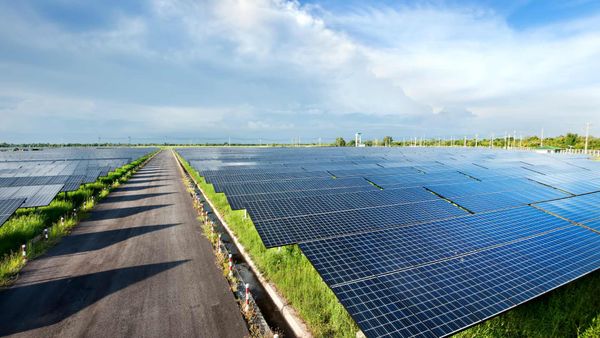
Unveiling Effective Strategies for Solar Panel Efficiency Optimization
Solar energy is a sustainable and clean source of power, and optimizing the efficiency of solar panels is crucial for maximizing energy production. Let’s explore strategies that contribute to the efficient performance of solar panels.
*1. Advanced Solar Panel Technologies:
In the realm of solar panel efficiency, technological advancements play a pivotal role. Investing in the latest solar panel technologies, such as monocrystalline or bifacial panels, enhances energy capture and conversion capabilities.
*2. Optimal Placement and Tilt:
The position and tilt of solar panels significantly impact their efficiency. Properly orienting panels to face the sun and adjusting their tilt based on geographic location and seasonal changes ensures maximum exposure to sunlight, optimizing energy yield.
*3. Regular Cleaning and Maintenance:
Maintaining clean solar panels is a fundamental strategy for efficiency. Dust, dirt, and debris can accumulate on panels, reducing their ability to capture sunlight. Regular cleaning and maintenance routines help sustain optimal performance.
*4. Innovative Tracking Systems:
Solar tracking systems follow the sun’s movement throughout the day, ensuring panels are always facing the most direct sunlight. Single-axis and dual-axis tracking systems enhance efficiency by maximizing exposure, especially in regions with variable sunlight angles.
*5. Energy Storage Solutions:
Efficient energy storage systems, such as batteries, enable the capture and storage of excess energy generated by solar panels. This stored energy can be utilized during periods of low sunlight, contributing to a consistent and reliable power supply.
*6. Smart Inverters and Power Electronics:
Integrating smart inverters and power electronics enhances the overall efficiency of solar panel systems. These technologies optimize the conversion of direct current (DC) to alternating current (AC), ensuring minimal energy loss during the conversion process.
*7. Heat Management Strategies:
Solar panels can be susceptible to overheating, which can reduce efficiency. Implementing heat management strategies, such as cooling technologies or ventilation systems, helps maintain optimal operating temperatures and prevents performance degradation.
*8. Community and Shared Solar Initiatives:
Community or shared solar initiatives involve multiple users contributing to and benefiting from a shared solar panel system. This approach optimizes the use of available sunlight and makes solar energy accessible to a wider audience.
*9. Government Incentives and Rebates:
Governments often provide incentives and rebates for adopting solar energy solutions. Taking advantage of these programs can alleviate initial installation costs and contribute to the overall economic viability of solar panel systems.
*10. Exploring Solar Panel Efficiency Optimization Strategies with 800support.org:
For in-depth insights and resources on optimizing solar panel efficiency, explore 800support.org. This platform offers valuable information to support individuals and businesses in implementing effective strategies for solar energy optimization.
Conclusion: Maximizing Solar Potential for a Sustainable Future
In conclusion, the optimization of solar panel efficiency is essential for harnessing the full potential of solar energy. By embracing advanced technologies, proper maintenance practices, and innovative solutions, individuals and businesses can contribute to a sustainable and clean energy future.





